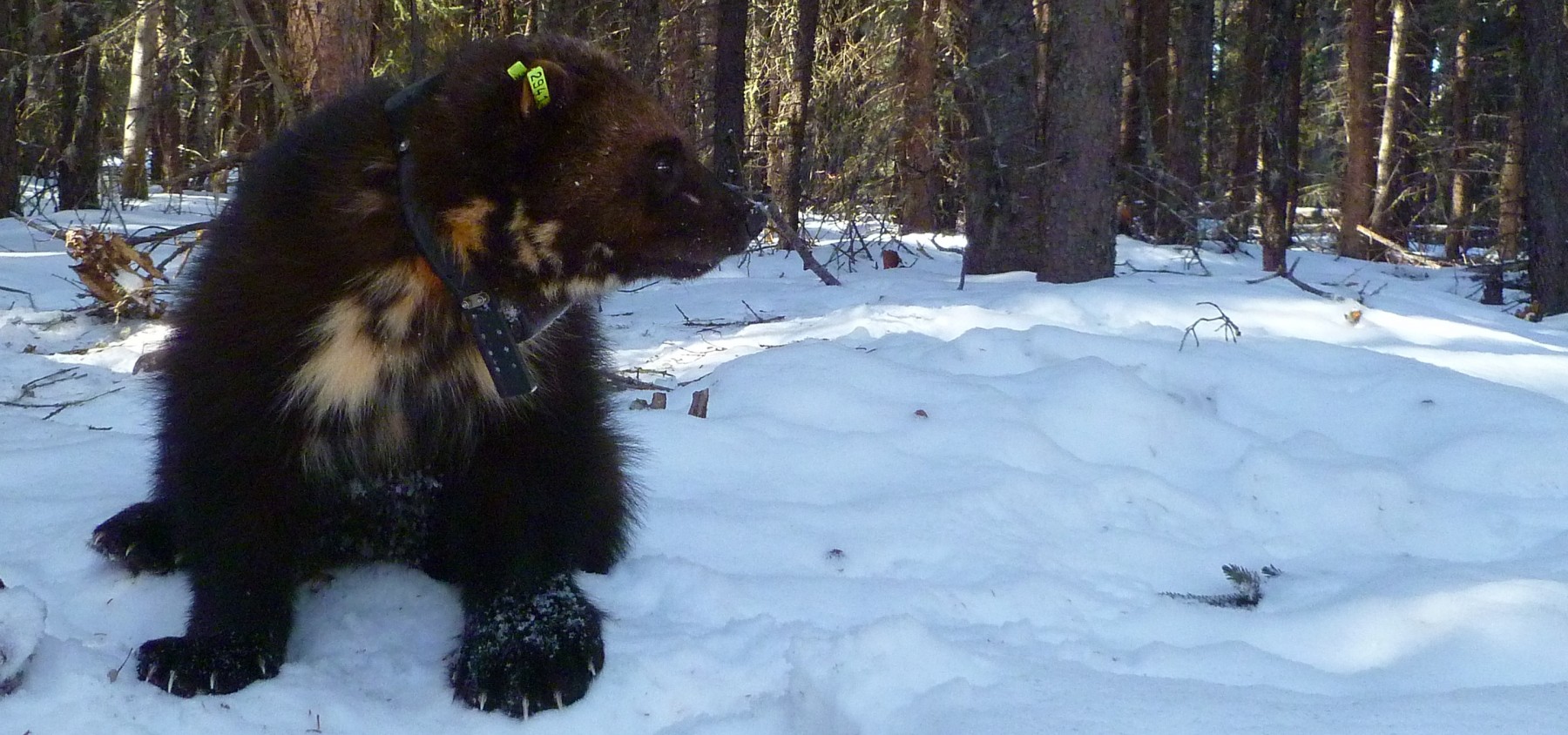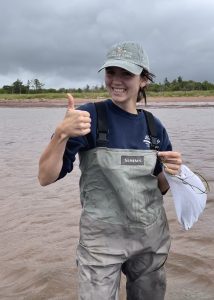Wild pigs (Sus scrofa) are one of the most successful invasive mammals globally, inhabiting every continent except Antarctica. Their success is largely attributed to their high fecundity and ecological flexibility, allowing them to adapt to local environmental conditions. Most ecological research on this species in North America has been conducted in the southern United States, where climate and resource availability differ markedly from northern systems. Consequently, knowledge of how movement, habitat selection, and reproductive behaviour are shaped by pronounced seasonal variation remains limited. Addressing these knowledge gaps is essential for identifying the fundamental ecological requirements that allow wild pigs to persist in northern environments and for informing evidence-based management. Understanding local patterns of movement and habitat use can guide managers in determining when and where to focus trapping efforts, thereby improving the effectiveness of control programs. My study aims to quantify seasonal movement, parturition, and habitat selection in wild pigs using a three-year GPS-telemetry dataset from Saskatchewan. Through movement modelling and resource selection analyses, I aimed to identify key seasonal transitions, estimate reproductive timing, and assess sex-specific differences in habitat use. I also aim to investigate habitat selection at the patch scale to evaluate how fine-scale habitat use is shaped by the high levels of anthropogenic pressure experienced in Saskatchewan.
M.Sc. Student | Boyce LabUniversity of Alberta
Department of Biological Sciences
Office: CCIS 1-238
email: hbordin@ualberta.ca

